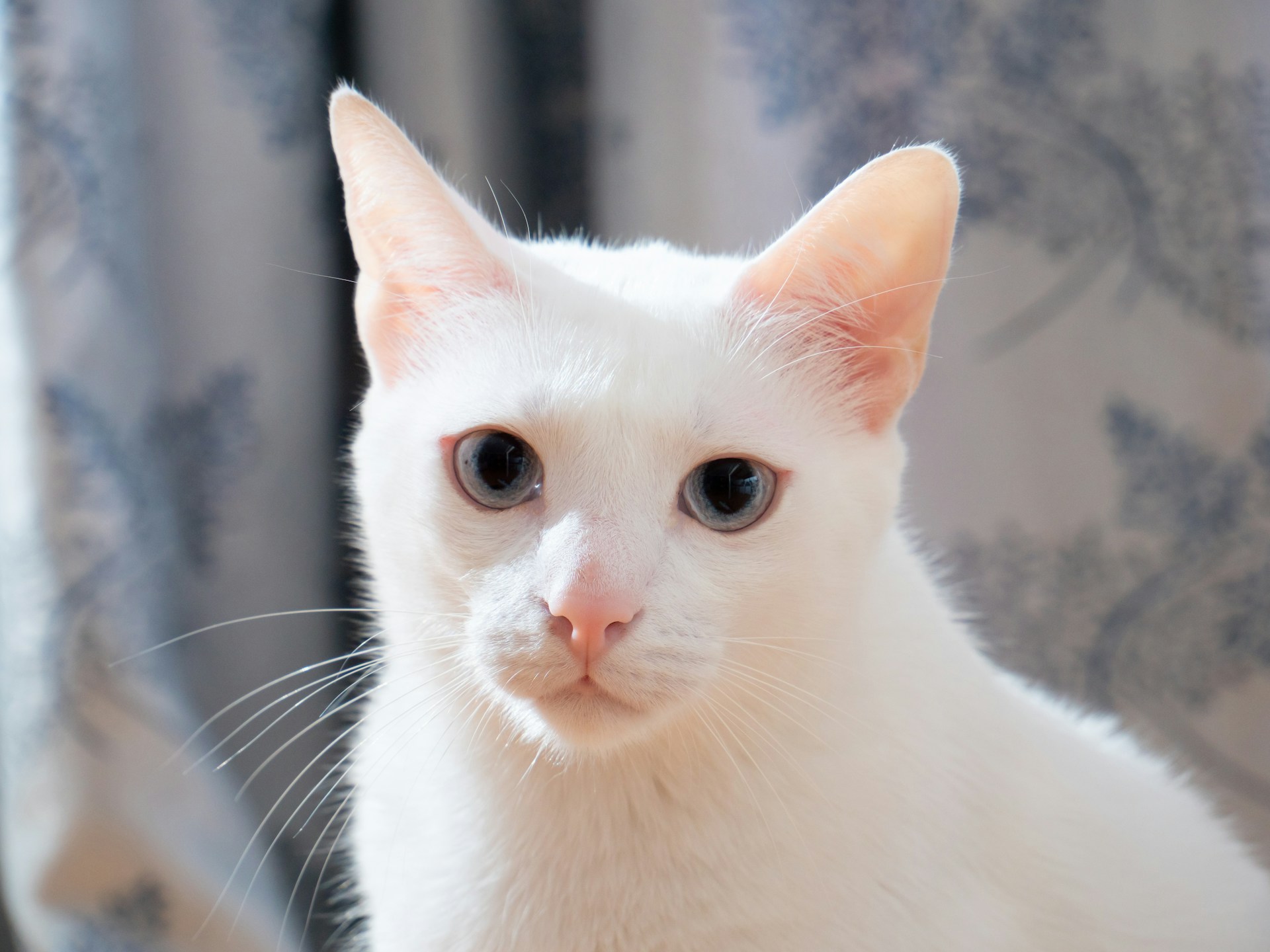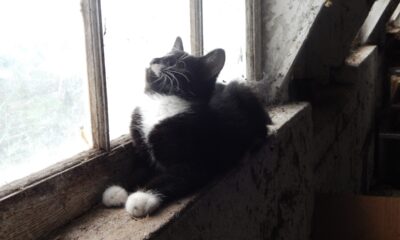LOL
Deaf Rescue Cat Hijacks Allergic Roommate’s Air Purifier

Quick Smiles:
- A cat owner from Toronto shares a hilarious clip of her cat, Lumos, adding his own “flavor” to her allergic roommate’s air purifier.
- Lumos, a 2-year-old rescue cat with a hearing impairment, loves to rest his chin on the air purifier, unintentionally releasing allergens into it.
- The video has since gone viral, garnering over 2.4 million views and 124,039 likes on Instagram, with users finding humor in Lumos’ oblivious antics.
Sharing a living space with pets can be a challenge, especially when one has allergies and the pets don’t quite grasp the concept of personal boundaries. One cat owner from Toronto, Canada, recently shared a hilarious incident that left the internet in fits of laughter.
The roommate, who is allergic to cats, bought an air purifier to help manage her allergies. However, the cat, Lumos, had other plans for the device.
In a video shared on Instagram under the username sadbaolumos, Lumos, a white cat with one green and one blue eye, is seen standing next to the new air purifier. His chin is resting on the top vents, where he’s sniffing the fresh air and inadvertently releasing allergens into the device.
The owner told Newsweek, “Lumos is 2 years old and a recent rescue cat, and he is also hard of hearing, which means he gets the best naps!”
“He loves to lie down on any surface, especially in the middle of the floor, and is a big fan of head scratches and nose rubs. He can be quite loud since he can’t hear, but we love him all the same!” they added.
The video’s caption humorously reads: “When your roommate is allergic to cats so she gets an air purifier… But his favorite thing to do is stick his face right where all the clean air comes out of it.” This is followed by: “Allergy season popping in like.”
Identifying cat allergy symptoms can be tricky. According to Cats Protection, common signs include sneezing, itchy skin, watering eyes, coughing, wheezing, breathing difficulties, a flare-up of eczema, and skin rash or hives.
To manage these symptoms, it’s recommended to avoid letting cats lick you, create cat-free zones in your home, open windows for ventilation, clean regularly, and vacuum. Discussing antihistamines or nasal sprays with your GP could also be beneficial.

-

 Cute Animals7 months ago
Cute Animals7 months agoPuppy Love Patrol: Service Dog Swoons Over K9 Officer Neighbor
-

 Cute Animals10 months ago
Cute Animals10 months agoHugs, Hooves, and Happiness: Newborn Donkey Steals Hearts by Demanding Affection [Video]
-

 Cute Animals10 months ago
Cute Animals10 months agoWATCH: A German Shepherd’s Surprising Parenting Instinct for Lost Ducklings!
-

 Cute Animals12 months ago
Cute Animals12 months agoPetty Pup Pulls Off Hilarious Bone Heist [Video]
-

 Heroes8 months ago
Heroes8 months agoA Lost Dog’s Bark Leads to a Lifesaving Discovery
-

 Cute Animals10 months ago
Cute Animals10 months ago“Pure Love”: Adopted Rescue Dog Can’t Hide How Grateful He Is [Video]
-

 Cute Animals9 months ago
Cute Animals9 months agoAdorable Puppy Steals Hearts After a Tiring Swim [Video]
-

 Cute Animals10 months ago
Cute Animals10 months agoTiny but Mighty: Cat with Dwarfism Becomes Internet Star as Owners Adapt Backyard for Her Comfort